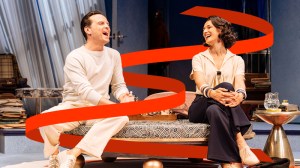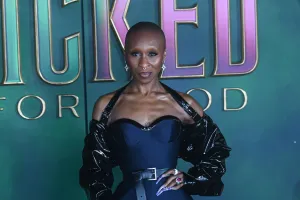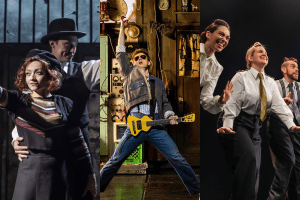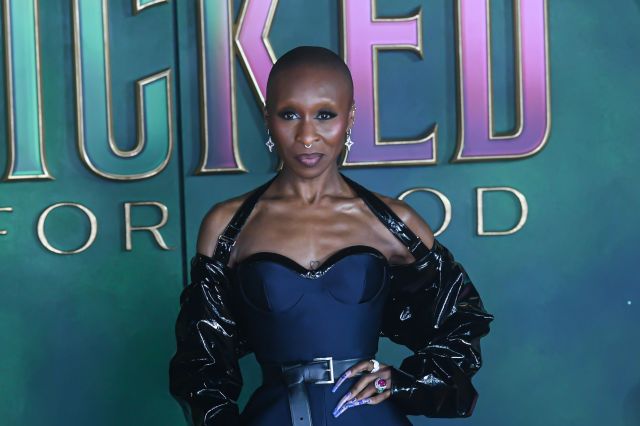Rachel Sternberg & Jemma Wayne On … Creating Negative Space
Negative Space, a new play by Rachel Sternberg and Jemma Wayne about the effects on a family of a child’s disappearance, opens at the New End Theatre this week. Here, the authors tell us more about the project, and the wider issue of missing children in the UK.
Many people have asked us how we came to write a play together. It would be easier to try to remember a time when we weren’t busy devising something. We met as seven-year-olds on our first day at North London Collegiate School – the first establishment in the UK to provide girls with an academic education and an environment that nurtured our imaginations, our love of writing and drama, and our friendship.
Rather than politicise this experience however with the contentions of the specific wars involved, we decided that we wanted to retain the purity of the family situation, and so we began to look for universal parallels. And when we came upon the horror of a missing child, we couldn’t stop talking. Over 100,000 children go missing in the UK every year. Only a few of these cases become the high-profile ones that flood the media, and this coverage almost unanimously focuses on the hunt and ‘whodunnit’. We however wanted to reach beyond this. We wanted to reach into limbo.
It was important to us that the child be female, because the fettishization of young girls in our society is in itself a growing problem that we wanted to confront. It was important too that we not shy away from the almost taboo issues that surround the subject: the suspicions cast on family members, obsession, depression, and the boundaries between private and public grief. But most importantly, we wanted to capture a sense of the vast hole that absence creates.
Negative Space is a term used most often in art to describe the space around or between objects or forms. When we were writing we returned again and again to the Callie-shaped negative space between the characters, exploring their very individual perceptions of it and relationships with it. What really seized our imagination was the way we felt that for the families of missing children it would be impossible to live entirely in the present. We envisaged Callie’s family struggling with everyday life, as for each of them the imagined world in which she had not vanished ran in parallel to the real world, or the fantasy in which she was found vied with reality. We also became fascinated by the way in which this continued ‘presence’ of Callie interfered with the family members’ ongoing relationships with each other. These thoughts led us to use scenes that blend fantasy, reality and memory to represent the state of limbo our characters find themselves in.
Harnessing these ideas into a collaborative writing process has happily been extremely natural. Whilst some concepts or scenes were originally attributed to one or other of us, we have both worked and re-worked everything to such an extent that it is impossible to claim anything other than joint ownership of the whole work. Now however, it no longer belongs to either of us. Under the incredible direction of Tom Hunsinger, the true power of the story is being excitingly set free, and is coming to life in ways we had never imagined in the hands of our amazing cast: TV regular Russell Floyd (EastEnders, The Bill), Olivier award-winner Suzan Sylvester, starlets April Pearson and Hannah Tointon, and United 93’s Jamie Harding. Kerry Bradley has meanwhile created a thoughtful and sensitive set, visualizing the concepts that originally inspired us, and hopefully leaving audiences just as compelled to think and discuss.
Negative Space is at the New End Theatre in Hampstead from 15 September to 11 October 2009.












